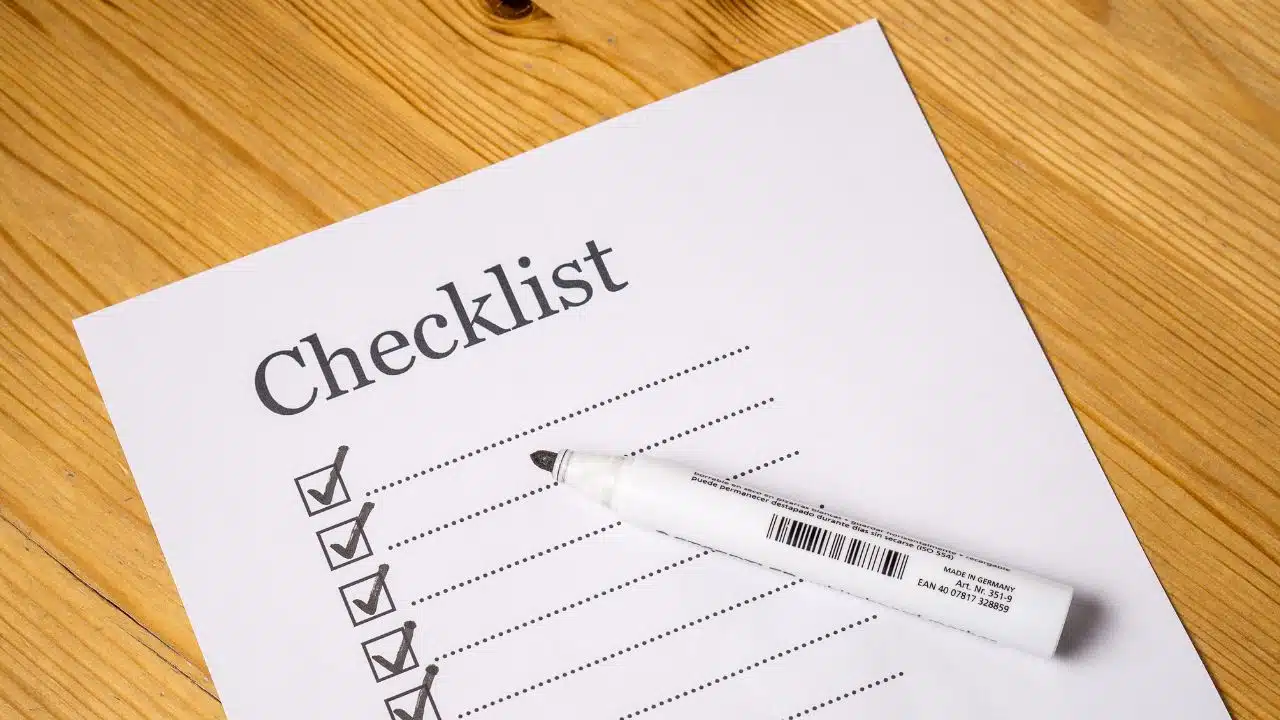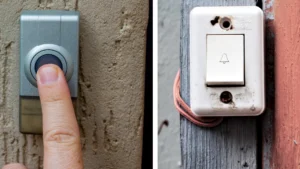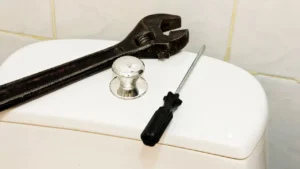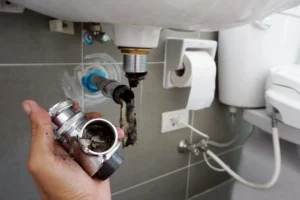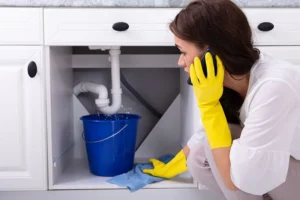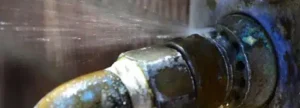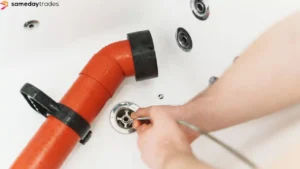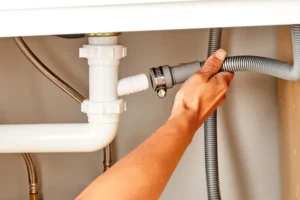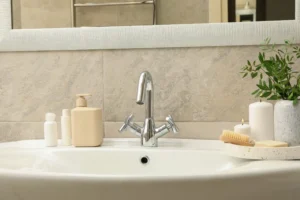Buying a new home in Mandurah? First off—congratulations. Whether you’re setting up near the beach or tucked into one of the quiet inland streets, homeownership is a major step.
But here’s the truth: behind that fresh paint job and gleaming new kitchen may lie old switchboards, overloaded power points, or smoke alarms that haven’t beeped in years. And let’s be honest—nobody wants their first housewarming memory to be calling an emergency electrician at 2 AM.
So here’s a no-fluff, room-by-room safety checklist you can follow during your first year. It’s designed specifically for Mandurah homeowners and includes the electrical must-dos that should be on your radar early—not after something starts sparking.
Why Electrical Safety in Mandurah Homes Matters
Mandurah’s coastal climate is beautiful but tough on wiring, especially in older homes. Salt air, humidity, and temperature swings wear things down faster than most new homeowners expect. Whether you’re in a decades-old fibro or a newer brick build, it’s smart to give your electrical systems the once-over.
And while DIY is great for assembling furniture, it’s not recommended when dealing with live wires. Electrical systems should be inspected and maintained by licensed professionals. If you’re not sure who to call, start with a trusted Mandurah electrician—someone local who understands the area’s regulations and typical home setups.
Pre-Checklist Tip: Schedule a Full Electrical Inspection
Before diving into room-by-room checks, consider booking a full home electrical safety inspection. A licensed electrician can:
- Test the main switchboard.
- Check wiring age and condition.
- Assess earthing and grounding.
- Ensure compliance with current Australian standards.
It’s like an annual health check for your home—minus the awkward waiting room.
Kitchen Safety Checks
Your kitchen is the heart of your home—and it draws a lot of power. From ovens and microwaves to kettles and dishwashers, it’s a high-demand zone.
What to check in your first year:
- Powerpoint overload: Are too many appliances sharing one outlet? Install extra sockets if needed.
- Appliance safety switches: Make sure your cooktop or oven is properly isolated.
- Water proximity: Check that no power points are too close to sinks or taps without splash protection.
- Rangehood wiring: Ensure it’s not loose or makeshift (this is a common find in older homes).
- Smoke alarm test: You should have a smoke alarm either in or near the kitchen—but not too close to trigger every time you toast bread.
For extra guidance on kitchen-specific wiring, see how to choose an electric cooktop.
Living Room and Lounge
Living rooms often look safe—but overloaded power boards behind the TV are accidents waiting to happen.
Checklist:
- Powerboard usage: Avoid daisy-chaining multiple powerboards (yes, even if it fits).
- Wall sockets: Test them with a lamp or device. Any flickering or buzzing? Time to call an electrician.
- TV mount safety: Wall-mounted TVs should be professionally wired—not just run through the nearest outlet with an extension cord.
- Smoke detector nearby: Especially important if your lounge doubles as a guest sleeping area.
Bedrooms
Bedrooms may not have high-energy appliances, but they still deserve a once-over.
In your first year, check:
- Bedside outlets: These often get overused with chargers, lamps, and electric blankets.
- Child safety plugs: If you have little ones, install socket covers.
- Ceiling fans or lights: Are they wobbling or flickering? That’s not normal.
- • Power points under beds: Make sure nothing is overheating under a pile of blankets or near rugs.
If you’re upgrading lighting, consult a local electrician in Mandurah who can help you with energy-efficient and dimmable fixtures that suit the room.
Bathroom
Electricity and water don’t mix. Bathrooms require strict adherence to safety rules.
What to inspect:
- Exhaust fan wiring: Fans should be sealed, especially in humid zones.
- GPO (General Power Outlet) placement: There are rules for how close these can be to basins and showers. If yours seem “too close for comfort,” they probably are.
- Heated towel rails and shaving mirrors: If you’ve installed these, make sure they were wired professionally.
Need help? Here’s more on servicing exhaust fans and installations.
Laundry
Often overlooked, laundries still run powerful appliances—washing machines, dryers, and even irons.
Don’t skip these checks:
- Dryer ventilation: Improperly vented dryers can create moisture that damages nearby outlets.
- Outlet height: Powerpoints should be raised above potential flood levels (especially if your laundry’s prone to wet floors).
- Washing machine isolation switch: You should be able to shut off its power easily in an emergency.
Garage and Outdoors
Sheds, garages, and patios often have DIY wiring or older circuits that haven’t been updated in years.
Key areas to assess:
- Sensor lighting and outdoor plugs: These should be waterproof-rated.
- Old-style fuse boxes: If you still have ceramic fuses, it’s time to upgrade to a modern switchboard.
- EV chargers or outdoor appliances: Get these installed by a pro. Never rig up an extension lead to charge your car (yes, people try this).
Looking for ideas? Read about Mandurah electrical services to make outdoor upgrades safer.
Switchboard and Safety Switches
Now let’s talk about your home’s electrical control center—the switchboard.
First-year must-dos:
- Check for safety switches: Every power and lighting circuit should be protected.
- Label each circuit: If your board isn’t labeled clearly, now’s the time.
- Test your RCDs (safety switches): You can press the “T” test button every few months. If nothing happens or it doesn’t reset, that’s a red flag.
- Consider a switchboard upgrade: Older boards may not support today’s appliance loads. Ask an electrician to assess whether it’s time to upgrade.
Want more info? Here’s a quick primer on what a safety switch does.
Smoke Alarms
By law, all homes in WA must have working smoke alarms. But here’s what often gets missed:
- They expire: Most alarms last 10 years. Check the back for the manufacture date.
- Test monthly: Hold the test button until it beeps. If it’s silent—or angry—replace it.
- Battery backup: Even hardwired alarms should have a battery backup. Make it a habit to change batteries annually, maybe when daylight savings kicks in.
If you’re unsure whether your smoke alarms are compliant, this article on what the three types of smoke alarms are is a good starting point.
What to Ask Your Local Mandurah Electrician
Before hiring anyone to do electrical work in your home, make sure you ask:
- Are you fully licensed and insured in WA?
- Do you offer fixed quotes or charge hourly?
- Can you assess my entire home for safety compliance?
- Will I get a compliance certificate after the work?
It might feel like overkill, but electrical work isn’t something to cut corners on. A certified local electrician will understand coastal climate considerations, older wiring materials common in Mandurah homes, and how to future-proof your setup.
Final Thoughts: A Safe Home Is a Happy Home
Buying a new home comes with a lot of excitement—and let’s be honest, a few unexpected surprises. But with the right electrical checklist and a trusted local electrician, you can keep those surprises to a minimum.
Your first year is the perfect time to get ahead of any issues, from outdated switchboards to questionable outdoor lighting. Whether you’re checking smoke alarms or just figuring out how to reset a safety switch, these early steps will pay off for years.
Here’s to fewer sparks, more peace of mind, and a home that’s as safe as it is welcoming.

